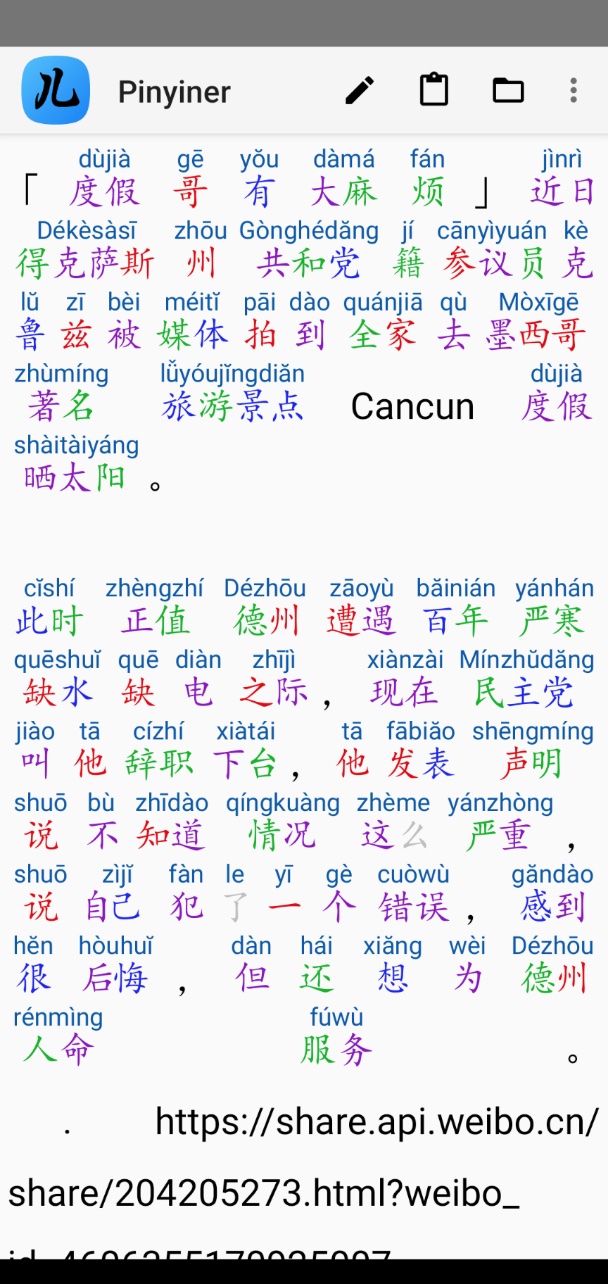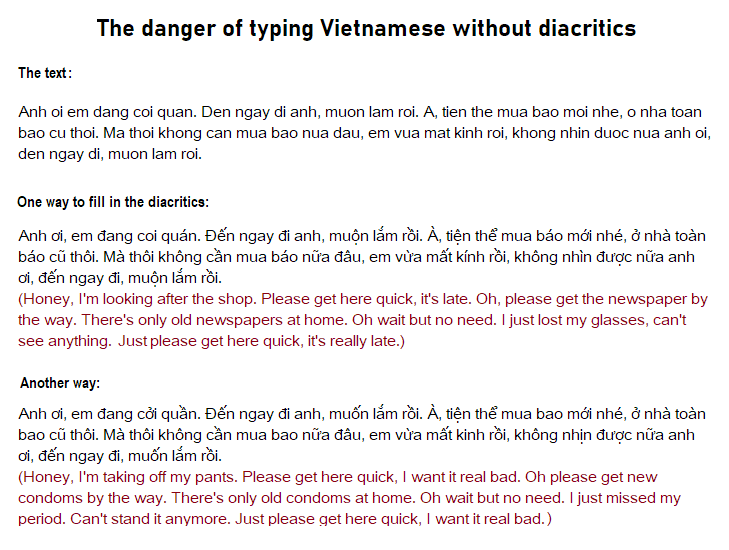Parsing puzzle of the week
"Short Wave: A Physics Legend", NPR Up First 4/3/2022 [emphasis added]:
In the 1950's, a particle physicist made a landmark discovery that changed what we thought we knew about how our universe operates. Chien-Shiung Wu did it while raising a family and an ocean away from her relatives in China. In this episode from NPR's daily science podcast Short Wave, we delve into the life and impact of Chien-Shiung Wu, widely considered the "queen of nuclear physics."
Read the rest of this entry »




